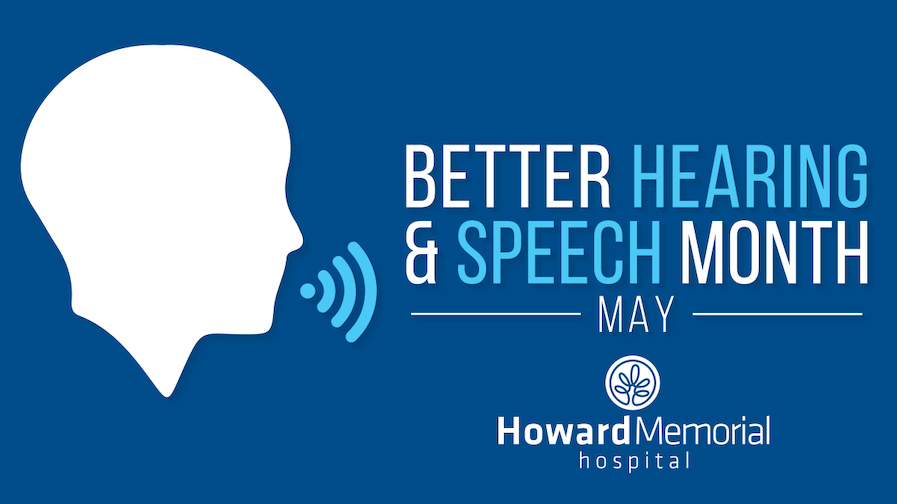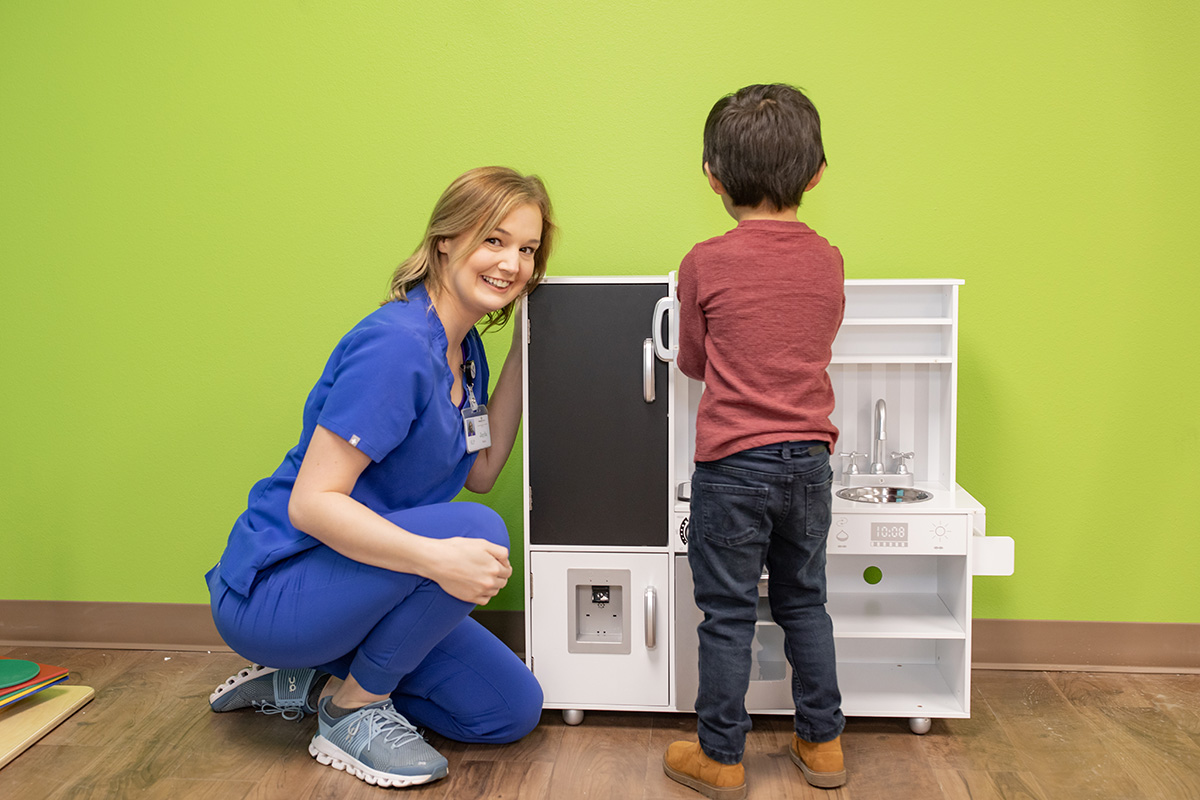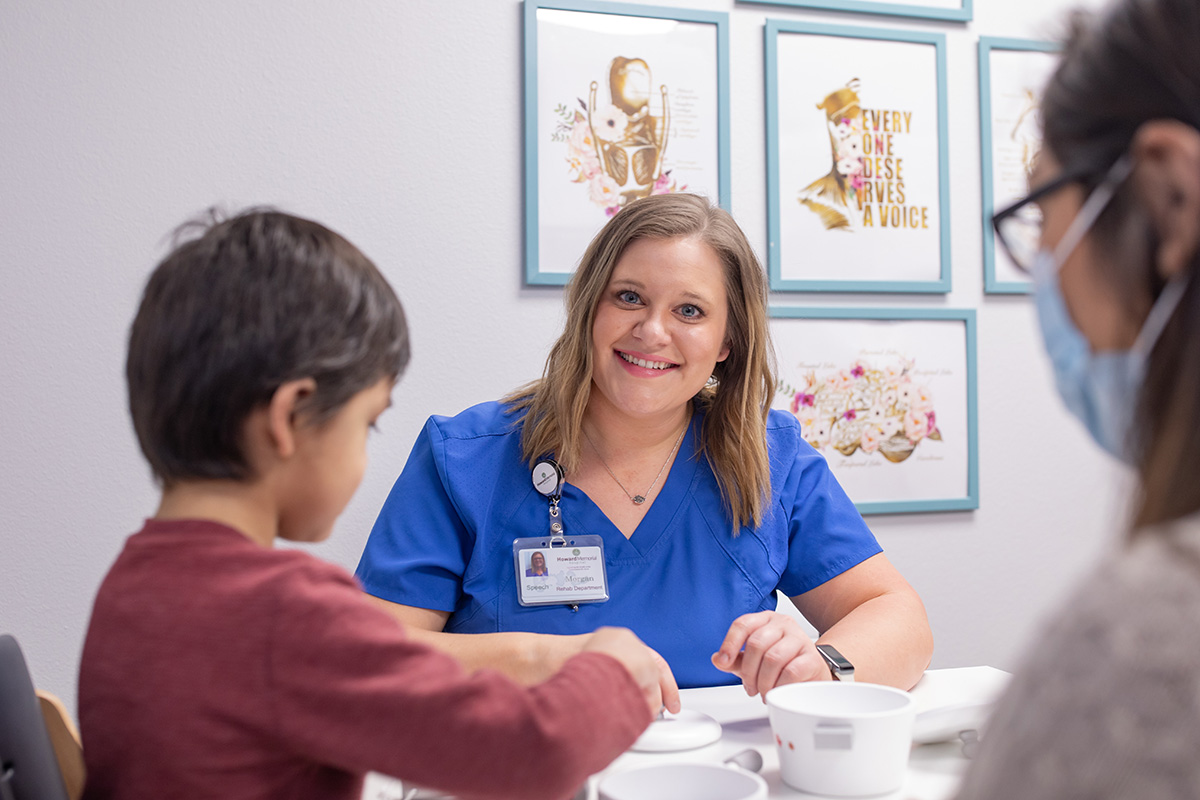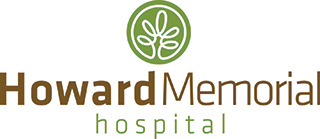Blog
Better Hearing and Speech Month
The connection between hearing, communication—and health

A month to raise awareness about hearing and speech health
At least 46 million people in the U.S. have a hearing or communication disorder that impacts how they interact with people socially, in the workplace and with their families. Hearing loss affects communication skills which can impact both emotional wellness and physical health. If untreated, hearing loss can lead to social isolation, depression, anxiety, cognitive decline, heart disease, diabetes or migraines.
People who hear better, communicate better—and feel better
Hearing loss can be present at birth, happen after an injury, develop after excessive exposure to noise or decline with age. Nearly 15% of American adults (37.5 million) have difficulty hearing—and after age 75, the rate increases to 50%. People with untreated hearing loss often avoid social situations or distance themselves from their families and communities which can lead to isolation and loneliness. Hearing loss increases the risk of dementia, mental decline, falls, clinical depression and a lower quality of life. And even though hearing aids and other assistive devices help, only one in four adults who need help get the care they need.
Voice, speech and language disorders impact all ages
Adults and children—with or without hearing problems—can experience problems with speech and language. By approximately age six, 5% of children have noticeable speech disorders that often coincide with difficulties pronouncing certain sounds. About 5 to 10% of kids in the United States stutter, a disorder that impacts the flow of speech, which can last months, several years or continue into adulthood.
Adults with communicative disorders may still be struggling with untreated impairments from childhood. Communication difficulties also develop later in life for people who experience hearing loss that is the result of age or consistent exposure to loud noise or music. Injury or illness, such as stroke or brain injury, can also cause sudden speech impairments, and rehabilitative services are needed to help patients relearn the skills they once knew.
Help is at Howard Rehabilitation Services
Our compassionate speech language pathologists customize care to help people of all ages. Therapists provide thorough evaluations, screenings and assessments to personalize treatment plans to help patients learn the skills needed to enjoy a healthy, inclusive quality of life.
Find help for issues including cognitive communication, speech sound development, stuttering, voice disorders, feeding disorders, and dysphagia—difficulty or discomfort during feeding and swallowing. Talk to your primary care provider about concerns or our Rehabilitation Department with questions: 870-845-8161. Get the help you need so you—or someone you love—can enjoy the quality of life you deserve.
Meet Howard Memorial Hospital speech-language pathologist, Jayla R. Jacques

How long have you been a speech pathologist? How many years at HMH?
I have been a speech-language pathologist for a little over a year. My career began after graduating from Stephen F. Austin State University with my master’s degree in speech pathology in May 2020. I have been with HMH since shortly after graduation.
What made you decide to become a speech pathologist?
I became a speech-language pathologist for the diversity. A speech pathologist serves various populations from birth to geriatrics in a number of different settings such as hospitals, clinics, schools, nursing facilities, and home health environments just to name a few. Having the ability to help anyone communicate to the best of their ability at any point intrigued me. I am so glad that I have pursued a career in such a broad field.
What is the most rewarding part of your job?
The most rewarding part of my job is seeing progress. A speech language pathologist provides services in the areas of cognition, swallowing, language, speech, fluency, and voice. Seeing progress in any of these areas provides a higher quality of life for each person I serve.
Meet Howard Memorial Hospital speech-language pathologist Morgan Miller

How long have you been a speech-language pathologist? How many years at HMH?
I’ve been at HMH for three years now, which is how long I have been an SLP.
What made you decide to become a speech pathologist?
I have always had a heart for helping others. Even in grade school, I enjoyed mentoring and helping other children or peers who had learning disabilities. I always knew I wanted to be a part of the medical field and work with children. When I learned about the field of Speech Language Pathology, I knew it would be a great way to use my calling of service to others while continuing a journey in the medical field.
What is the most rewarding part of your job?
The most rewarding part of my job is being able to diagnose my patients and provide them and their families with answers of why they are struggling and in turn, being able to help them in their journey to overcome the challenges they face on an everyday basis as a result if their communication (or feeding/swallowing difficulties). It is such a joy to be a part of a child saying their first word or eating their first meal safely. The same goes for the adult population- helping a stroke patient speak and communicate again or eat their favorite food; there is just nothing that compares to the joy you experience with the patients and their families along their journey.
What would you like people to know about speech therapy at HMH?
Our speech language pathology department is second to none in my opinion. Of course, I am a little biased; but I believe Jayla and I make a pretty great team. We have the experience to see patients of all ages—from birth to end of life. We provide thorough evaluations and strive to get to the root of the problem and go from there. Our treatment is always individualized and specific to each patient we see and we prefer it that way. This helps our patients and their families ensure success in every aspect of their day-to-day lives. We will always support our patients and their families throughout their therapy journey and the relationships we form with our patients and their families are priceless. I believe I can speak for both Jayla and myself when I say we are in a career that is so fulfilling and we are so thankful to be able to show our passion through our patients and their successes.
Posted in: Fitness/Rehab, Health